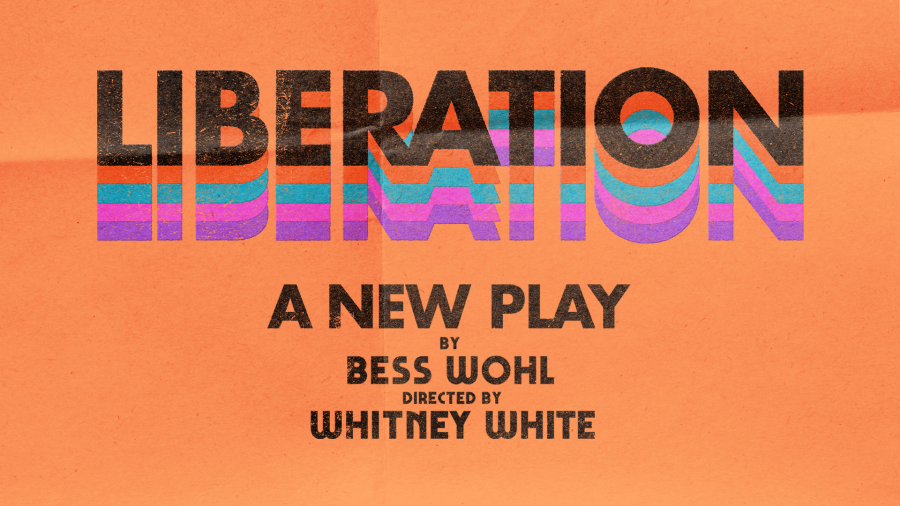

It’s hard to imagine our mothers’ lives when they were young women. What were their plans, goals, dreams? Do they have regrets? This is the premise of Bess Wohl’s new play, Liberation, presented by Roundabout Theatre Company, as the playwright envisions what her mother’s life might have been like.
Standing in for the author, Lizzie (Susanna Flood) opens the show by addressing the audience. She explains that Liberation is a memory play about her mother and her friends. She cautions, however, she then reminds us that since she has no memories of the time of her mother's youth, she will rely on the testimony of her friends
Flood plays the dual role of Lizzie, the mother, and the daughter. It was the 1970’s and her mother started a consciousness-raising group for womens’ lib. Her mother began the group before she met her husband and stopped working to raise a family.
Lizzie wants to know if her mother was unhappy with her choices. In the second act, portraying the daughter, she is uncomfortable playing opposite her father, so another actress who made a very brief appearance in Act I, steps in. explaining that she will take on the part, since she had so little to do in the first act.
The play begins with the first meeting of the group. Lizzie posts flyers and women show up in the basement of a local rec center in Ohio. They meet to discuss their issues. Sadly many of those issues are the same today. Unfortunately, the play uses too many common archetypes in presenting the members of the group.
The oldest and the only married woman (Betsy Aidem) is trapped financially in her marriage now that the kids are out and her husband is retired. Celeste, an intelligent black woman (Kristolyn Lloyd), has returned to Ohio to care for her aging mother and also feels trapped. There's feisty Italian Isadora (Irene Sofia Lucio) who married to get her green card but can't wait to get out of the marriage. Dora (Audrey Corsa) ventures into the meeting by mistake but she is intrigued and decides to stay. Very attractive, she is frustrated by lack of job opportunities and later becomes the victim of sexual harassment. The last member is Suzy (Adina Verson,) a young radical who has been kicked out of the house by her parents and is living in her car. Because the characters are stereotypical, it is easy to assume that there would be a lesbian relationship. Little by little the women reveal more about themselves and become close friends. Lizzie, unmarried when she starts the group, is a journalist who despite her degree, is only assigned to write about weddings and obituaries.
We had to lock our phones in pouches before the show began. By Act 2, the reason becomes apparent. When the play resumes with the group coming in for the meeting, each woman disrobes. Then she responds to two questions - What do you like most about your body? What do you hate about your body? CR groups did exercises like this in the ‘70’s, so Wohl’s use of nudity isn’t gratuitous.
Some of the play was engrossing and felt familiar. The group and its topics will most probably ring true for the older women in the audience. The dramatic device of having the daughter portray her own mother was particularly satisfying. With many questions still unanswered, later Aidem takes on the role of Lizzie’s mother.
The play is skillfully directed by Whitney White with fine performances by her actors. However, Act 2 loses focus as it begins to deal with racial issues that are never fully developed. Like many other shows, Liberation goes on too long. By the end, the daughter still has no answers and one wonders if she is wondering about her mother’s choices because, in actuality, she is wondering about her own.
Roundabout Theatre
Laura Pels Theatre
111 West 46th St
New York, NY